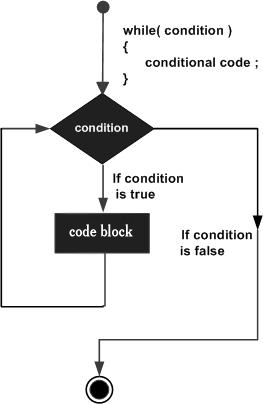Hello
I have confused on following two programs. I think both program's are same but there are little difference. In first program, variable j declare inside bracket. while in another program, there is only empty space
Is there any difference difference between these two program's? why we write in two style?
I have confused on following two programs. I think both program's are same but there are little difference. In first program, variable j declare inside bracket. while in another program, there is only empty space
C:
void delay (unsigned int j)
{
unsigned int j;
for (j = 0; j < 40000; j++);
}
C:
void delay ()
{
unsigned int j;
for (j = 0; j < 40000; j++);
}
